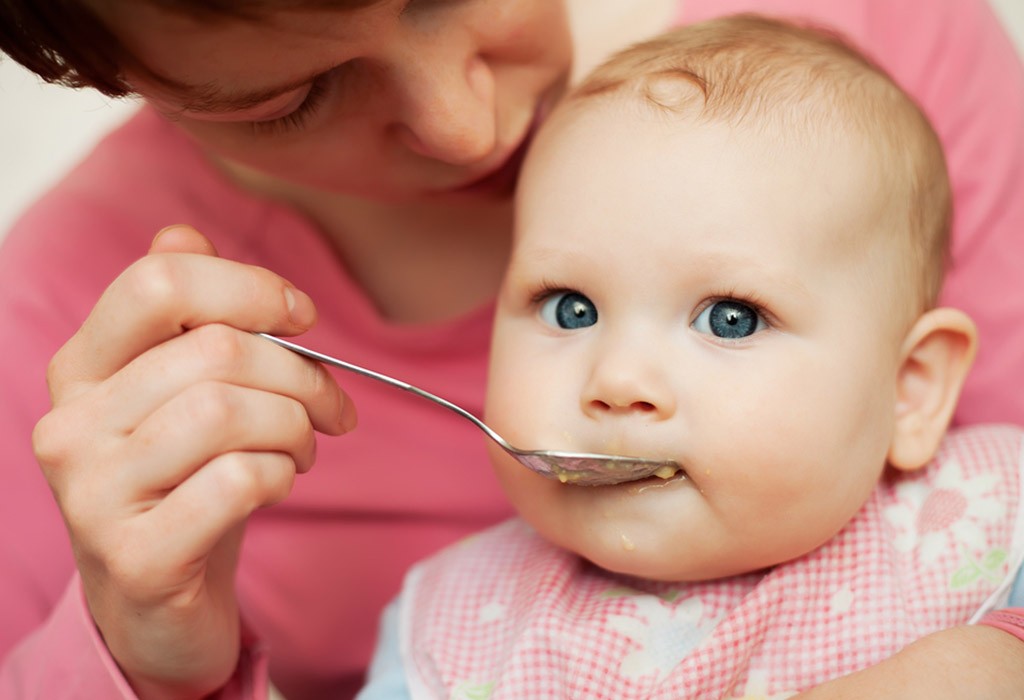How much do you know about the nutritional content of baby food? Most likely, your answer is “not much.” This is why Baby Brain Organics founder Amy Brown wanted to create a line of organic baby foods, but she was met with obstacles. Learn more in this article!
Introduction
When it comes to feeding a baby, it’s essential to understand the nutritional difference between baby food and adult food. Baby food typically contains more nutrients and less sugar than adult food. Here are some of the key differences:
1. Baby food typically contains more nutrients, including vitamins and minerals.
2. Baby food is lower in sugar.
3. Baby food is often prepared with unique ingredients that help to promote healthy development, such as probiotics and prebiotics.
Types of Baby Food
Baby food can be classified into four different types: purees, semi-solid foods, liquids, and chunks. Here’s a look at the nutritional differences between each type:
Purses are the least caloric and most nutrient-dense option. They contain only fruits, vegetables, and water, so they’re low in sugar and calories. Purses are also high in vitamins and minerals, making them a great source of nutrients for growing babies.
Semi-solid foods are a middle ground between purees and chunks. They’re made up of primarily solid ingredients (usually fruits and vegetables), with a bit of water or milk added to make them creamy. Semi-solid foods are higher in calories than purposes but lower in nutrients. They’re also more likely to contain added sugars and unhealthy fats.
Liquids are the most caloric option but offer the most nutrients. Baby food liquids typically include breast milk or formula, which are high in protein and essential vitamins and minerals. They’re also low in sugar and calories, making them a good choice for infants trying to lose or maintain weight gain.
Nutritional Facts
There is a lot of debate over whether or not infant food is nutritionally complete. However, most experts agree that whole; unprocessed foods are best for babies. Here are some of the nutritional differences between baby food and adult food:
– Baby food typically contains fewer calories, vitamins, and minerals than adult food.
– Baby food is also low in sugar, which can help reduce the risk of tooth decay.
– Some baby foods are fortified with vitamin D, essential for pregnant women and breastfeeding moms.
– Baby food can be made from plant or animal sources, so it offers your baby a variety of nutrients.
Conclusion
As a mother of two young children, I know that getting enough vitamins and minerals in their diet can be challenging. That’s why I was so interested when I heard about the nutritional difference between baby food and regular food. According to experts, baby food has a lower carbohydrate content, which means it is better for babies’ developing brains and bodies. It also contains more fruits and vegetables, which are essential for development. If you are looking for something nutritious to give your children but don’t have time to prepare homemade meals every day, consider giving them baby food instead.




